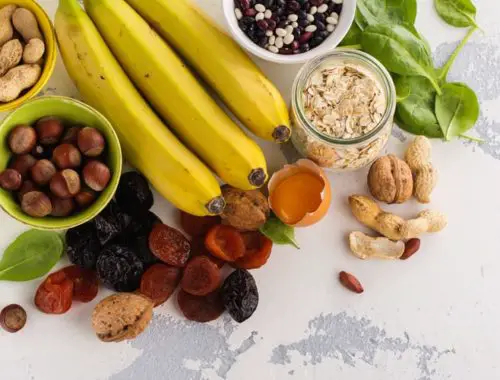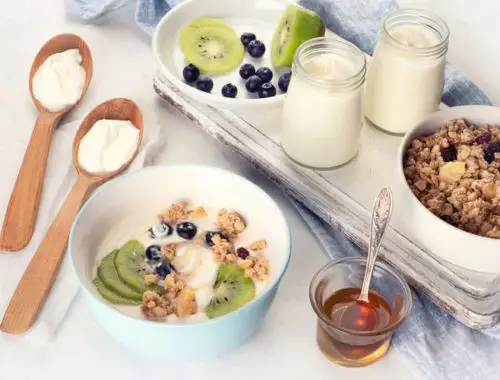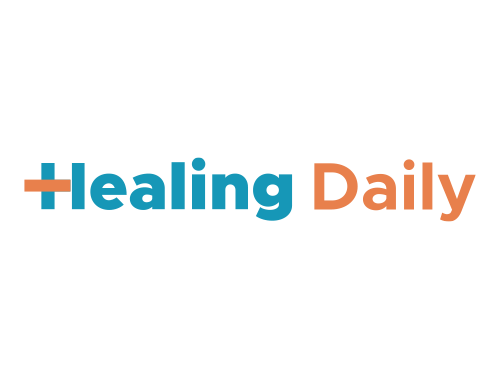If you suffer from a chronic runny nose, annoying nasal or throat itchiness, sneezing or other ambiguous symptoms that are similar to seasonal allergies, you may want to consider your histamine levels. While there can be a plethora of things that cause minor respiratory ailments and discomfort, this article will help you determine if histamines are possibly to blame.
Keep reading to learn about histamines and who to contact if you think histamines are affecting your life.
What are histamines?
Even though you may hate having a runny nose or scratchy throat, the histamines that cause these symptoms are actually good for you (technically). What?
However, sometimes having too much of a good thing can turn into a bad thing!
Histamines are part of your body’s response to fight off potentially harmful substances. A harmful substance could be anything from dust to spoiled food. Histamines are released in the body to fight bad things off.
So, while histamines are helping to protect you, you get the sneezing, stuffy nose and scratchiness if your body makes too many histamines. You could call histamines a little “overprotective” sometimes!
What do histamines do?
Histamines play several roles in protecting your body. Some of these roles we may recognize as helpful, but others can be downright annoying to deal with.
| Positive Effects of Histamines (1) | Negative Effects of Histamines |
|---|---|
| · More stomach acid production to help you breakdown food
· Vasodilation · Neurotransmission for better body-brain communication |
· Pro-inflammatory processes · Sneezing · Runny nose · Itchiness in the nose, eyes, throat · Tightening of the breathing airways · Headache · Drowsiness or fatigue · Nasal congestion · Digestive upset |
It is normal to experience some of these negative effects occasionally. However, if you suffer from these symptoms rather frequently, talk to your doctor and registered dietitian. These clinicians can help you determine if you have specific allergies, intolerances or other more serious conditions.
How to Reduce Histamines in Your Body
Now that you have a basic overview of what histamines are and the role of histamines, here are some tips on how to reduce histamines in your body. Keep in mind that reducing histamines should only be a focus if deemed medically necessary by your healthcare team. Not everyone will need to reduce their histamines.
Also, it is impossible to completely rid yourself or your diet from histamines. However, these tips can help reduce histamine intake and/or help you deal with symptoms of overactive histamines:
Tip #1: Ask your doctor about taking an antihistamine medication.
There are many over-the-counter medications that you can buy to deal with symptoms of a histamine response. To help deal with a runny nose or itchiness in your eyes, mouth, throat or nose, consider an antihistamine like Allegra. Be sure to take antihistamines as directed and talk to your doctor if you are experiencing persistent symptoms.
Tip #2: Eat less food that is high in histamines (or food that promotes histamines).
According to the Journal of the Academy of Nutrition and Dietetics, foods that are high in histamines should be reduced if possible. Also, foods that work in histamine’s favor should be reduced. Here is a list of histamine-promoting foods to eat less of:
- Processed meats (i.e. salami)
- Aged cheese (i.e. Parmesan, gouda, aged cheddar)
- Alcohol and other fermented drinks (i.e. Kombucha)
- Frozen, canned or smoked fish
- Eggplant
- Cherries
- Strawberries
- Spinach
- Tomatoes
- Certain condiments like ketchup, soy sauce and vinegar
- Avocados
- Citrus
- Bananas
As you can see, histamine-promoting foods consist of both junk food and healthy foods. You may be throwing up your hands wondering, “Well then, what should I do?!”
Luckily, working with a registered dietitian can help you navigate a more personalized low histamine diet that works best for you. Aside from managing your histamine intake, you may also need to think about how to properly detox your body naturally.
Tip #3: Eat a diet that helps you manage histamines.
In general, foods that are fresh and unprocessed typically contain less histamines than fermented and processed foods. However, this “rule of thumb” is not always 100% foolproof. Here is a list of low histamine foods:
- Fresh cuts of meat and fish
- Quinoa
- Rice
- Dairy-free alternative milk (i.e. almond milk)
- Fruits and veggies (excluding those in Tip #2)
To complicate matters more, our individual bodies may have issues with specific foods, regardless of histamine content. To determine which specific foods give you issues, ask your local registered dietitian about doing an elimination diet.
Tip #4: Avoid eating spoiled food.
According to the American Academy of Allergy, Asthma and Immunology, histamines can also present themselves in spoiled foods, like spoiled fish (2). So, make sure you are following proper food storage practices.
To help preserve your food in the refrigerator or freezer, try this Food Saver Preservation System. Also, don’t forget to get extra vacuum-seal Food Saver bags. Vacuum sealing may also help you save space in your freezer and fridge! For more information about food storage safety, click here.
The Bottom Line about Histamines
While you may be convinced that you have overactive histamines, histamine symptoms can be very similar to more serious conditions like food allergies or celiac disease. On the other hand, your symptoms can also point to minor seasonal allergies, which can be treated.
Regardless, persistent symptoms of any kind should be addressed with your healthcare team so that proper testing can be done.
Want to learn how to live longer and feel better? Click here!









